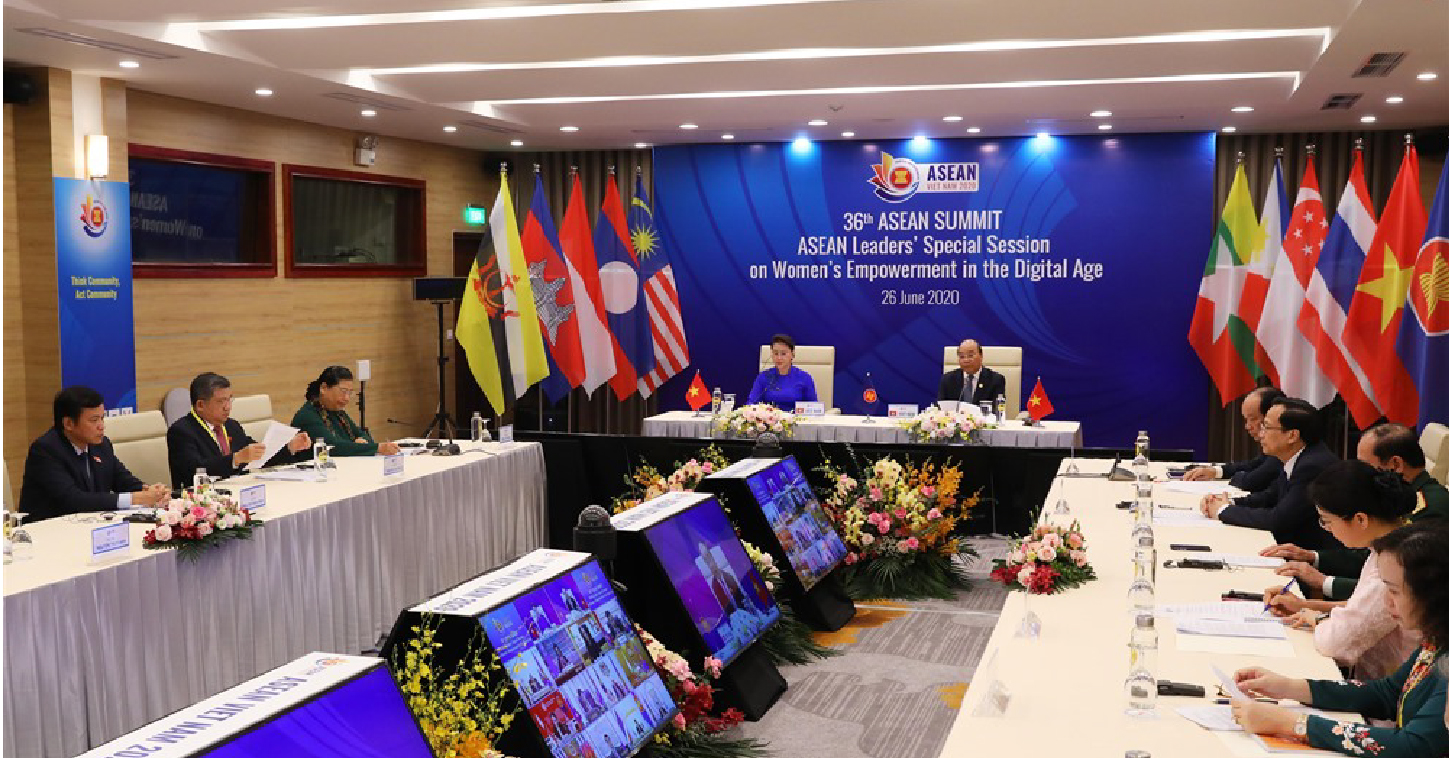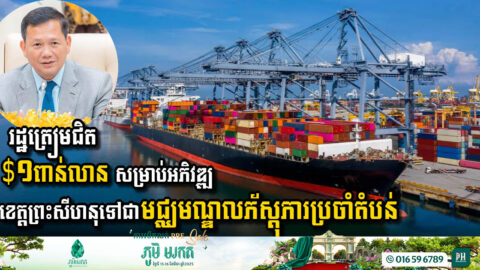Cambodia Set to Invest Nearly USD1 Billion in Sihanoukville’s Development as a Regional Logistics Hub
In a significant step towards enhancing its economic infrastructure, the Cambodian government has unveiled plans to invest nearly $1 billion in the development of Sihanoukville into a major regional logistics hub by 2029. This ambitious investment will unfold in three key phases. The first phase, focusing on the expansion of Sihanoukville Port, is already underway, […]
Cambodia Implements New Regulations for Electrical and Electronic Waste Management
In a significant move to enhance environmental safety, the Ministry of Environment in Cambodia has established new guidelines for the management of electrical and electronic waste (e-waste). This initiative, outlined in Prakas No. 2196/0325 dated March 18, 2025, aims to ensure that manufacturers, importers, and exclusive suppliers of electrical and electronic equipment adhere to environmentally […]
Prime Minister Hun Manet Advocates for Preservation of Ecotourism Areas
In a fervent address at the opening ceremony of the 9th River Festival, Cambodian Prime Minister Hun Sen emphasized the importance of protecting the nation’s ecotourism areas from high-rise developments and intrusive residential projects. The Prime Minister urged local authorities to meticulously scrutinize any proposed developments from the private sector that could compromise the integrity […]
Cambodia Set to Launch Digital Professionals Association to Empower Future Workforce
In a significant move to enhance the digital landscape, Cambodia’s Ministry of Posts and Telecommunications, alongside the Ministry of Education, Youth, and Sports, has announced the establishment of a Digital Professionals Association. This innovative initiative is designed to foster collaboration and advance skill development in nine critical areas that are essential for the nation’s digital […]
Cambodian Government Set to Launch Incentive Policy for Domestic Assembly Production
The Government of Cambodia is on the verge of introducing a groundbreaking incentive policy aimed at boosting domestic assembly production and significantly reducing imports. Prime Minister Hun Manet announced this initiative during the 2nd annual conference of the Cambodian Oknha Association, where he outlined the government’s 2025 economic plans. The forthcoming policy is designed to […]
Government Unveils 7 Key Measures to Combat Public Water Pollution
The Cambodian government has announced a strategy to combat public water pollution, detailing seven key measures to protect water resources. The new circular emphasizes the importance of water quality for citizens’ health and urges businesses and property developers to install automatic liquid waste discharge monitoring devices. Key measures include: Waste Treatment Systems: Factories must implement […]



 ខ្មែរ
ខ្មែរ







